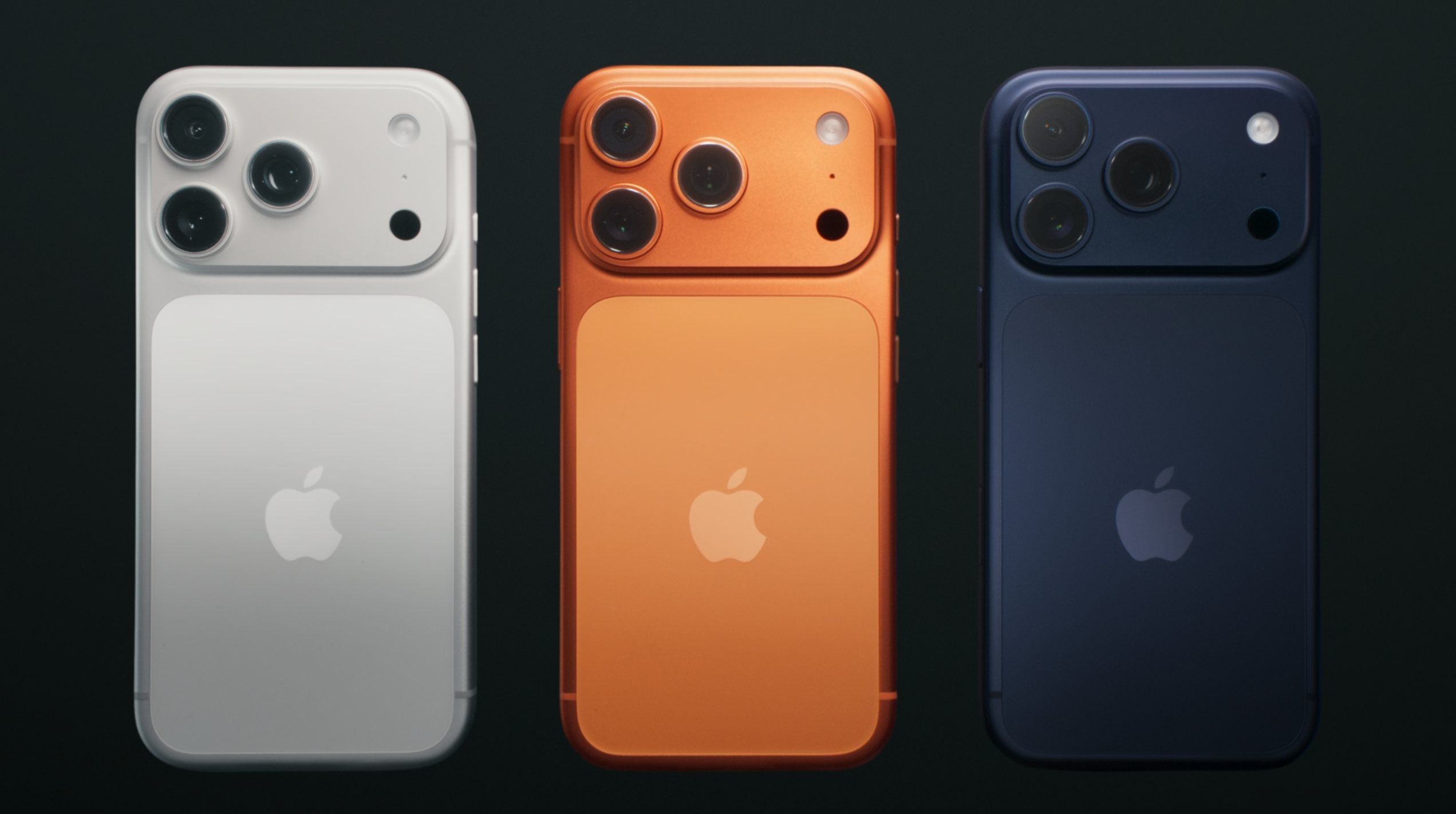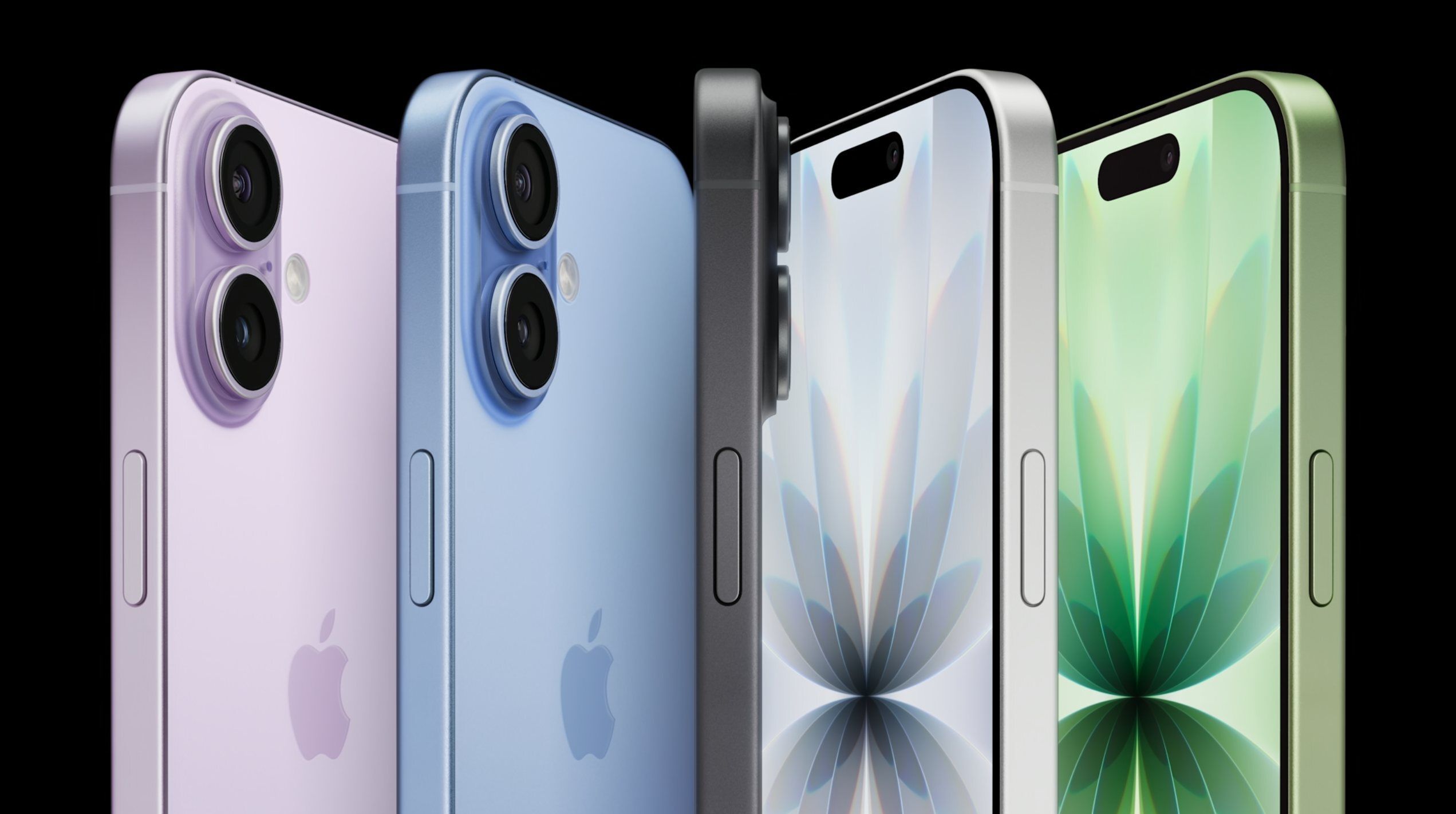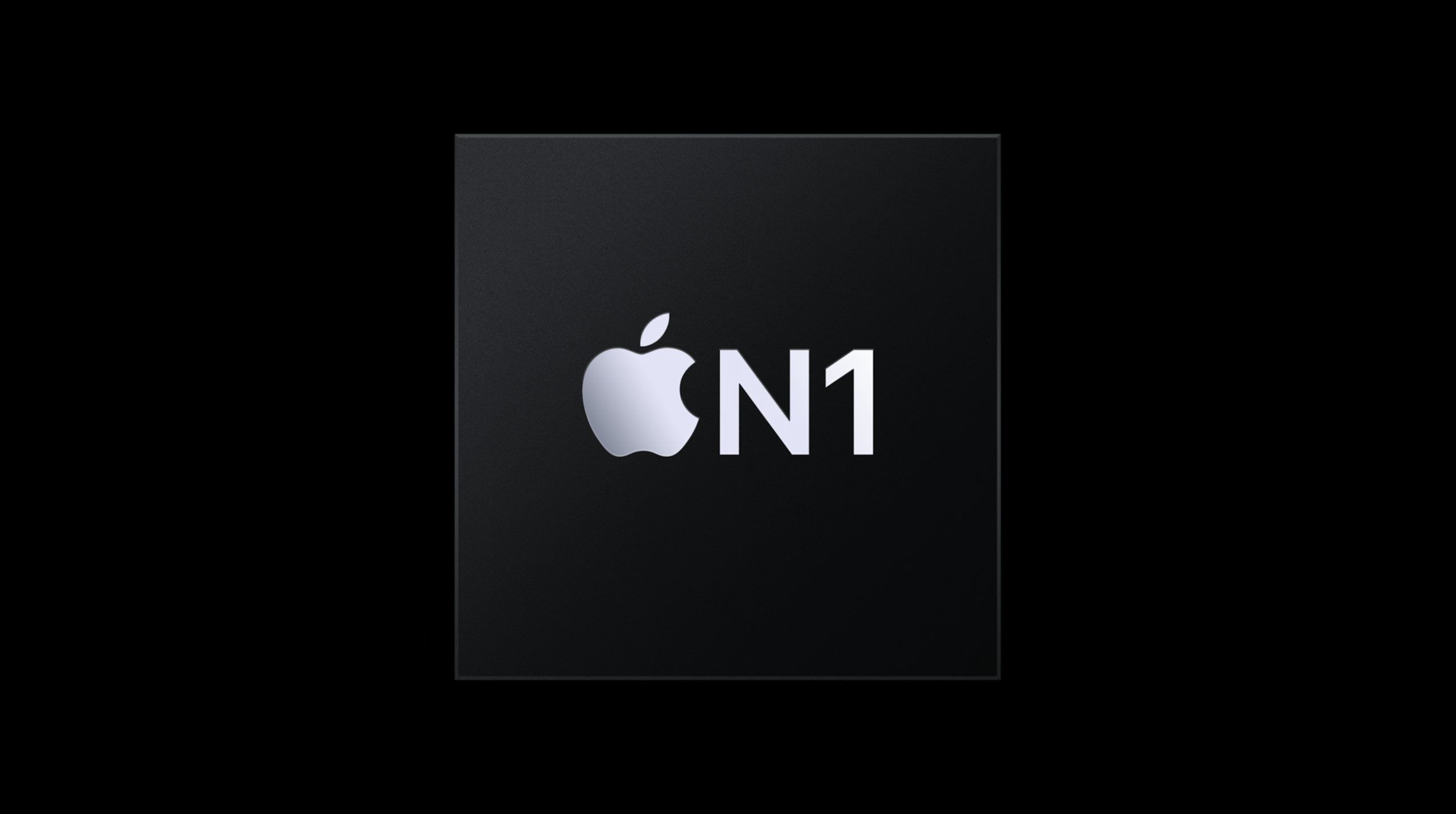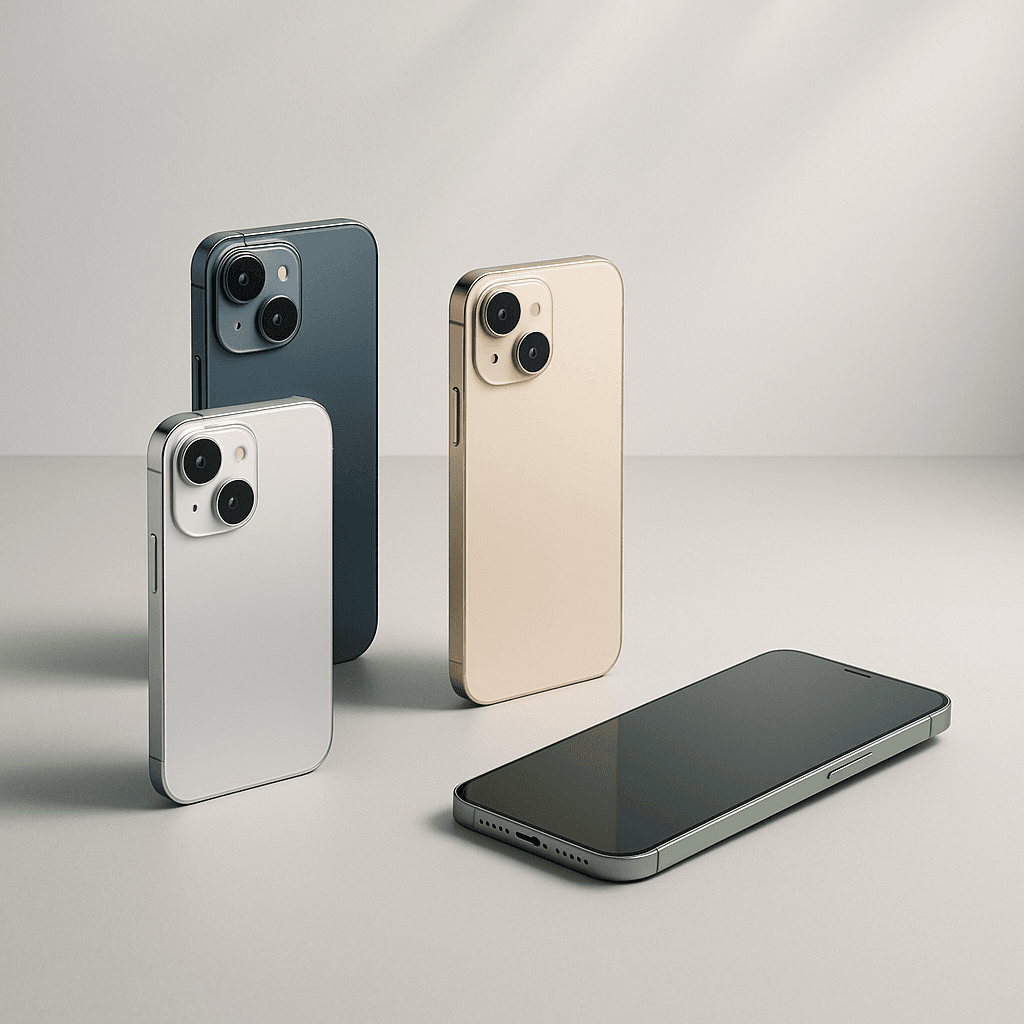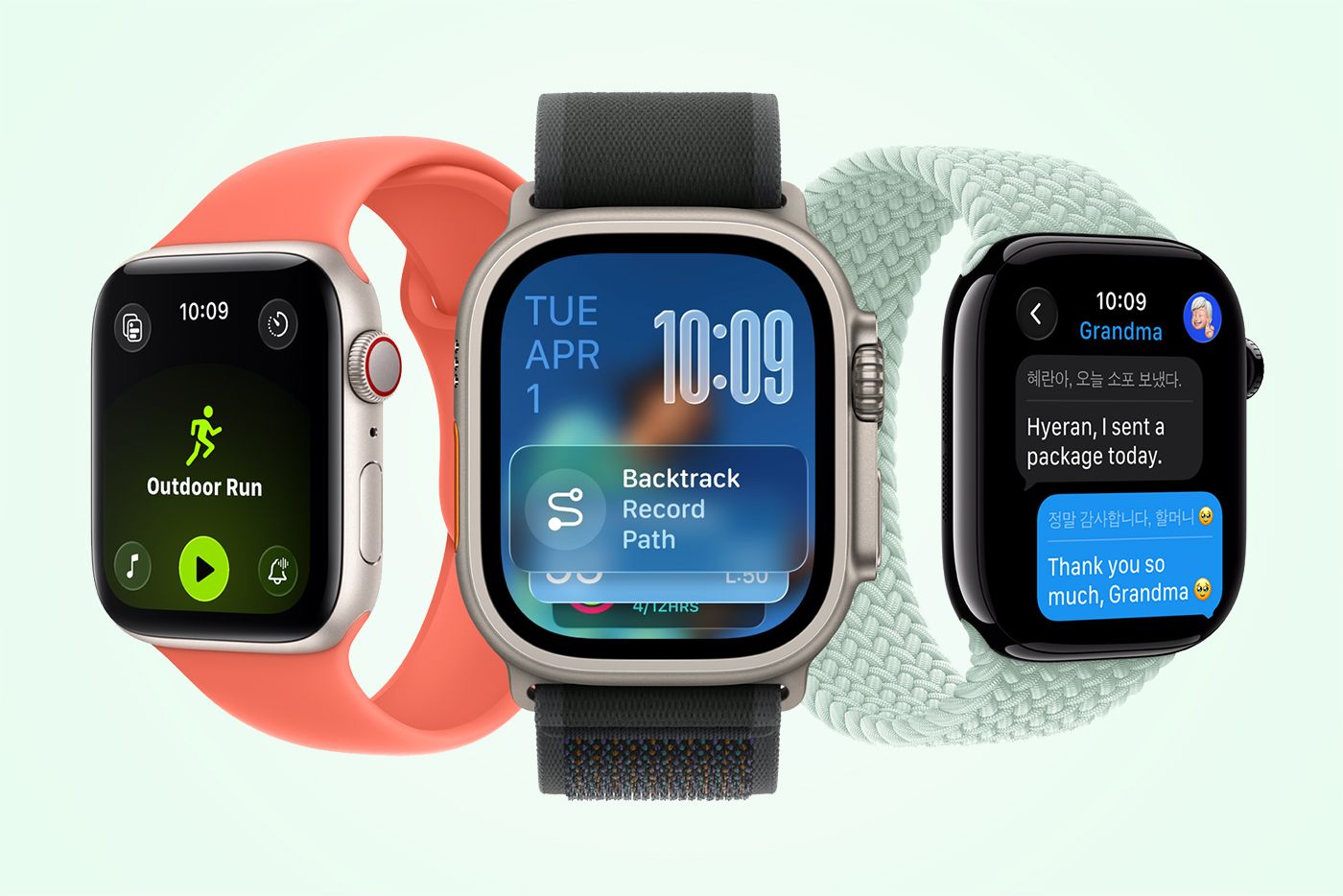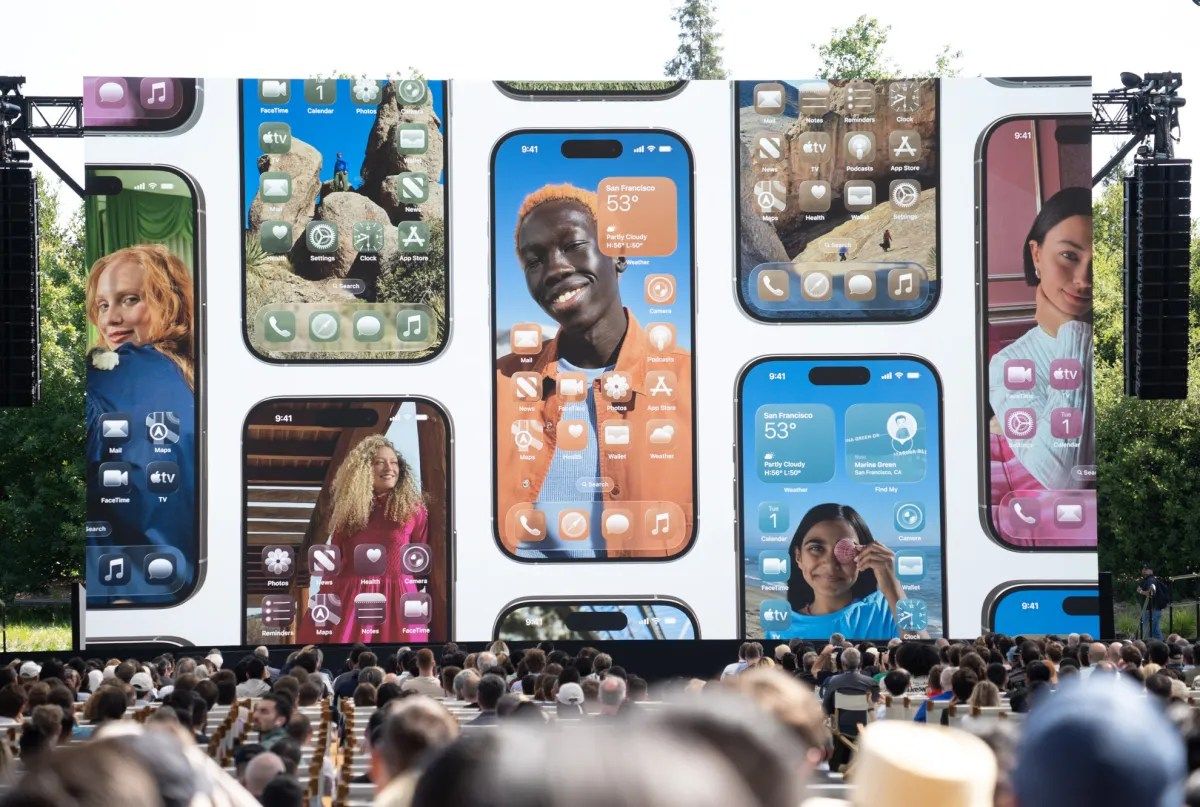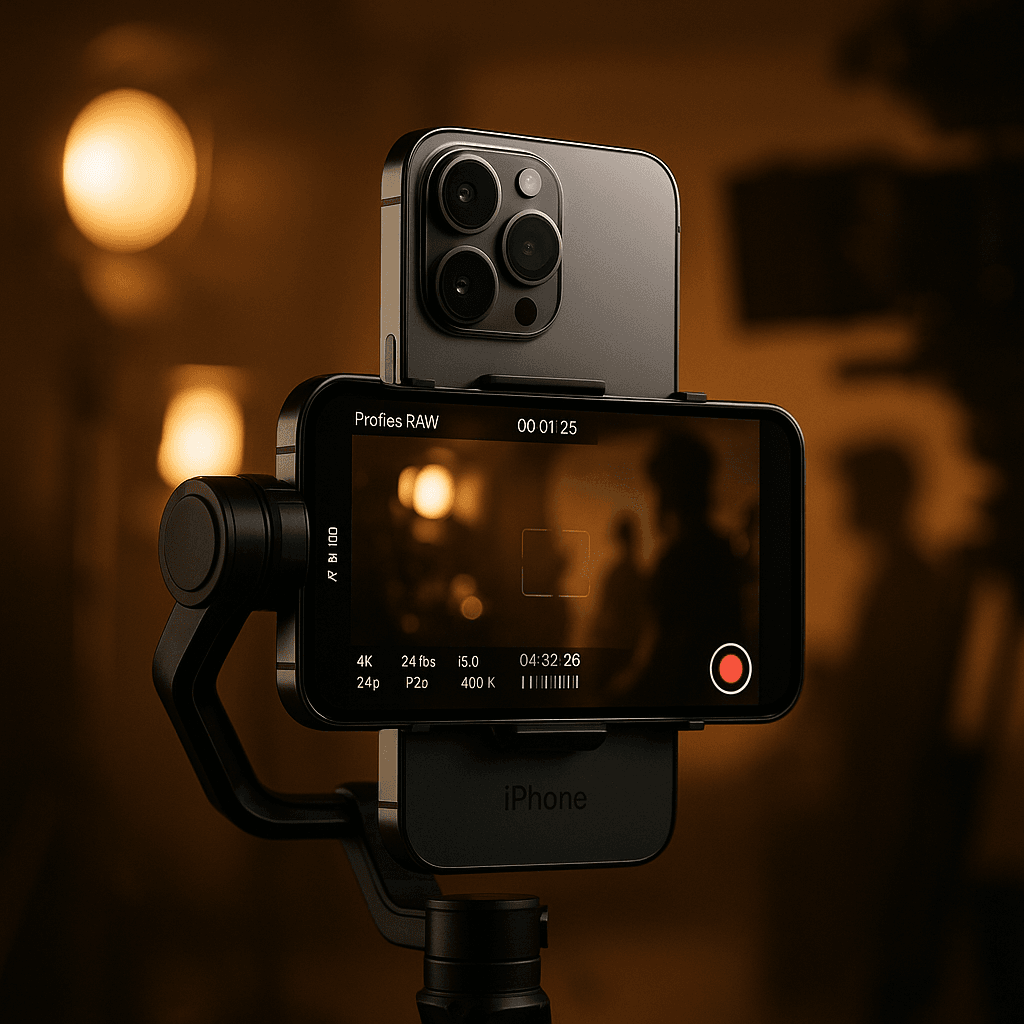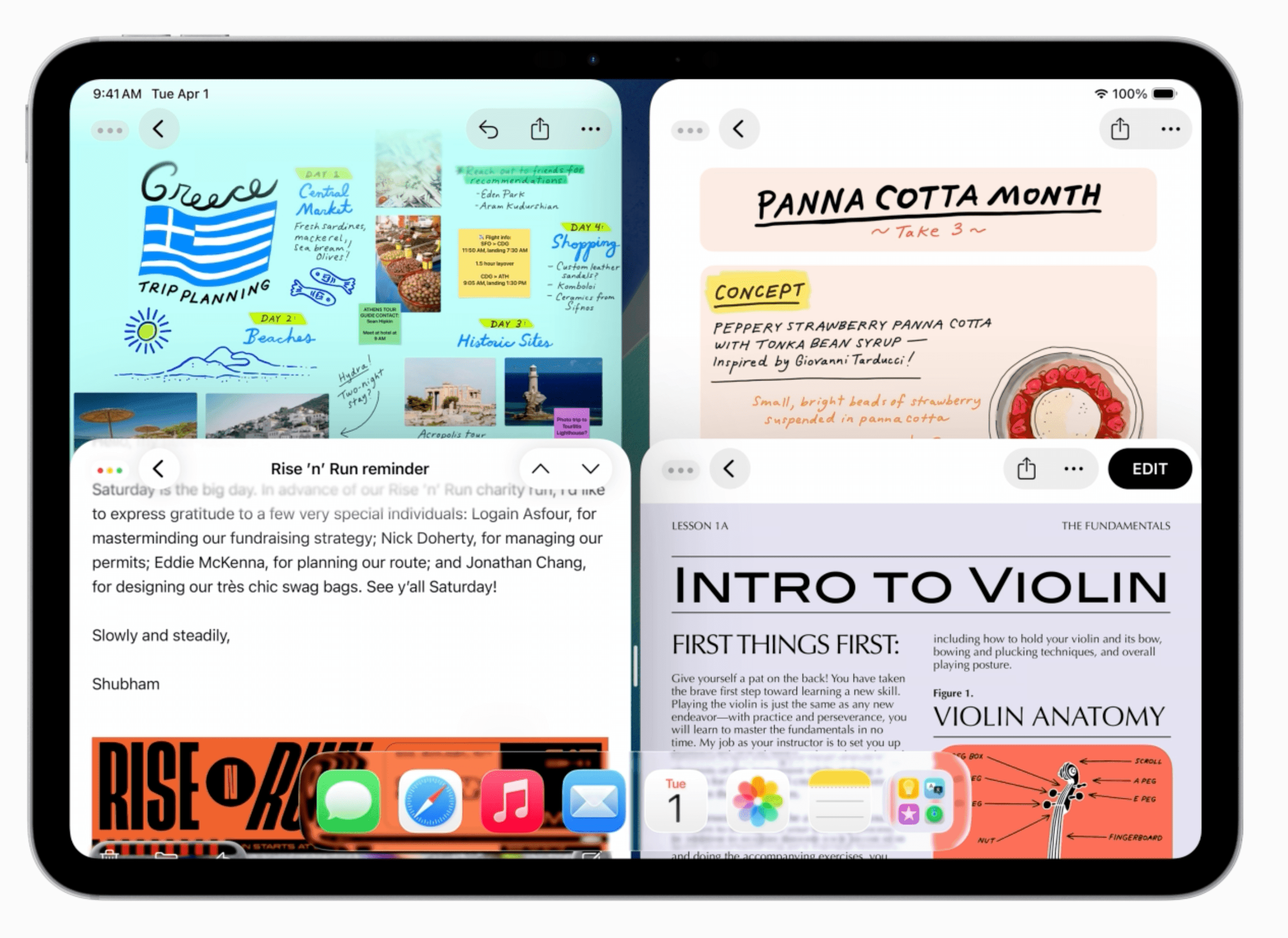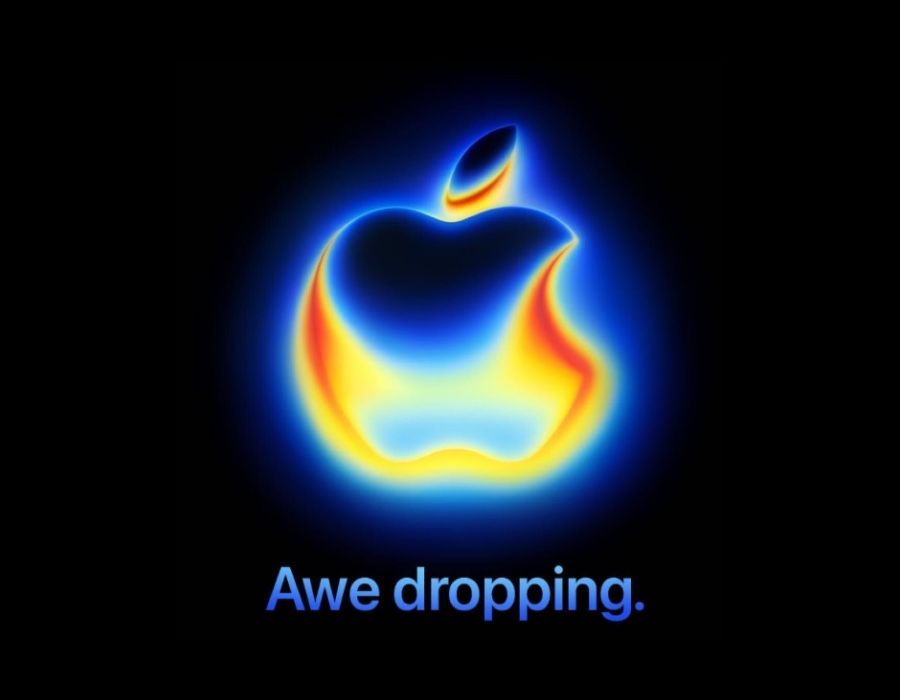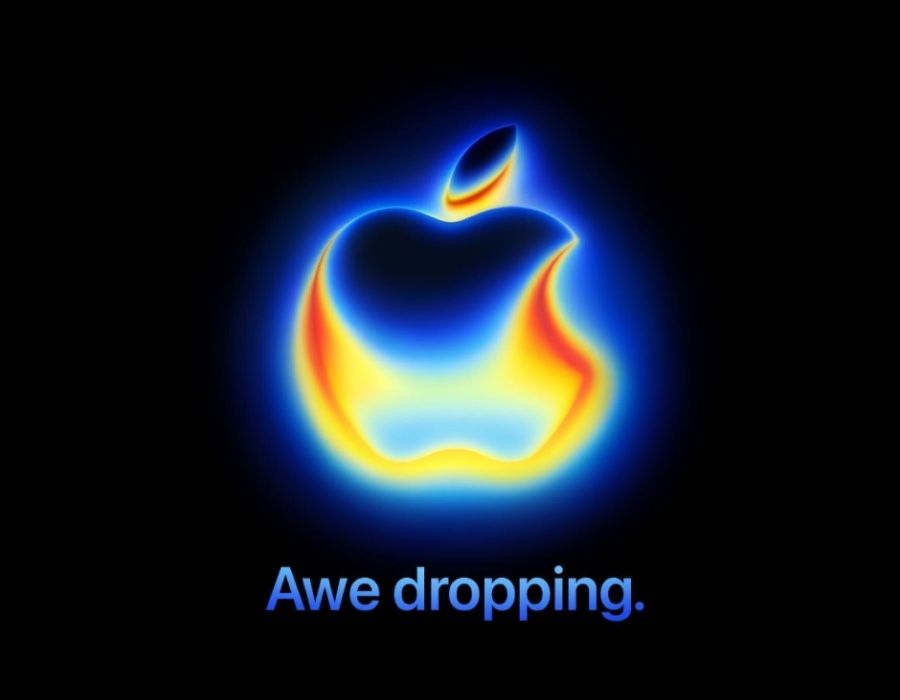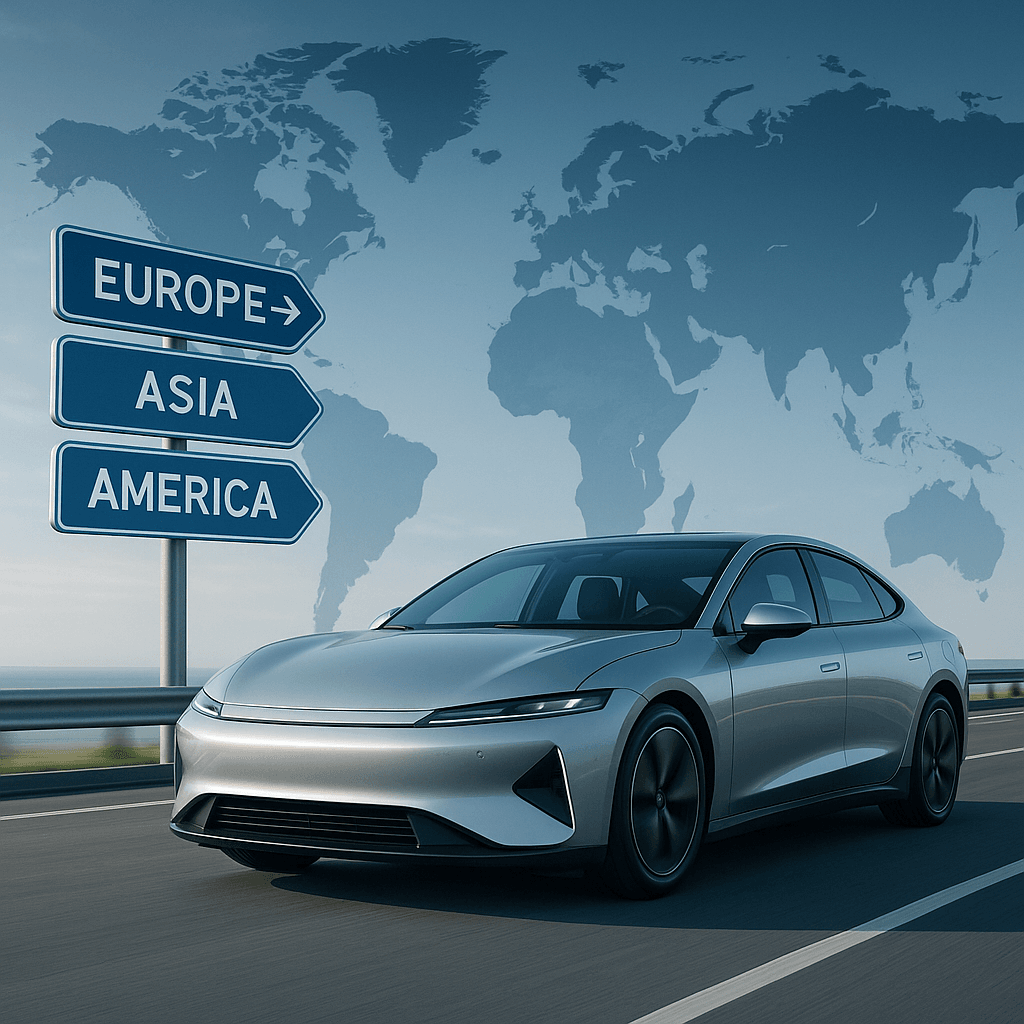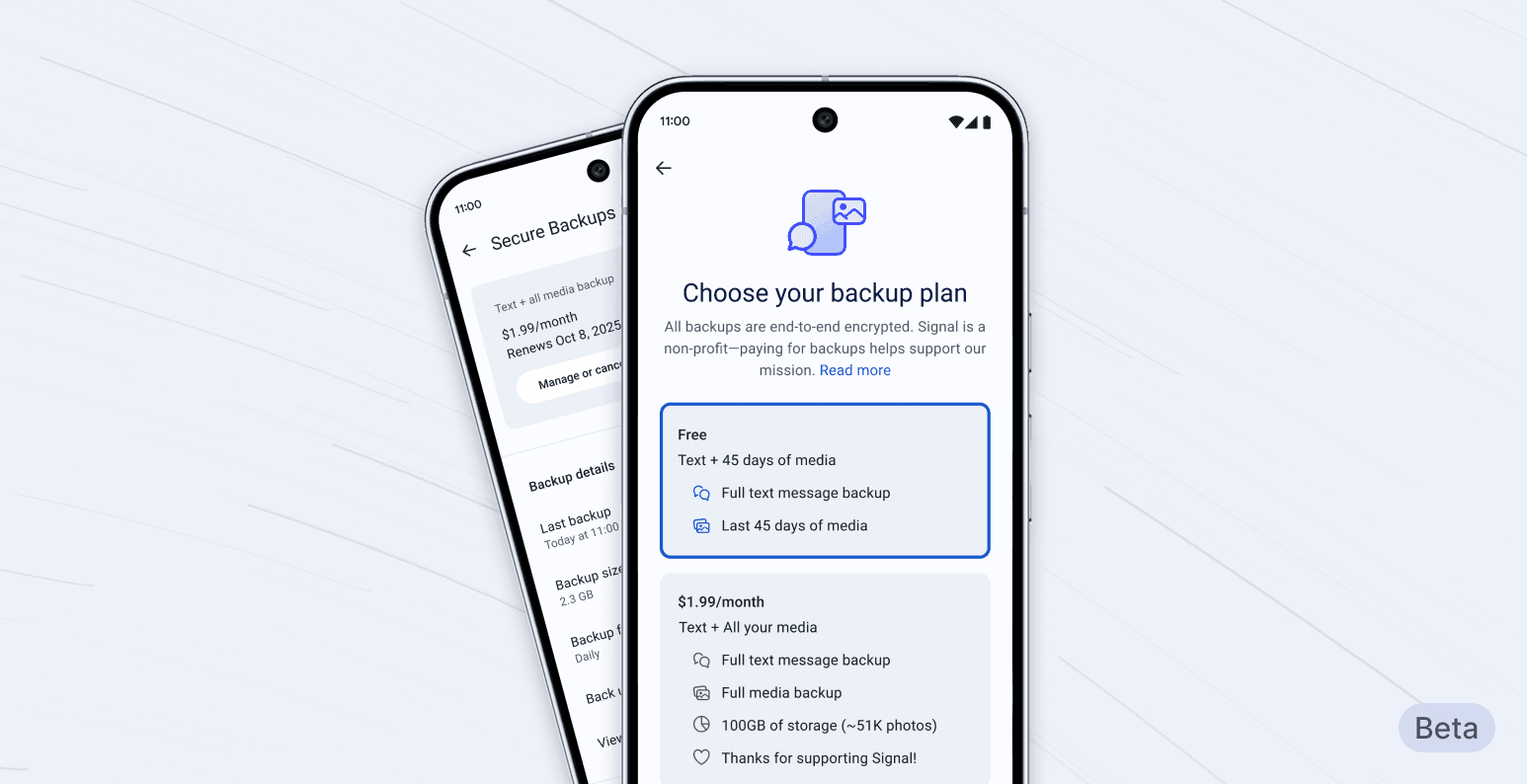Apple just dropped the iPhone 17 Pro with its biggest design shake-up in years. The flagship ditches titanium for aluminum, packs the largest battery in iPhone history, and sports a controversial full-width camera bar that'll make Google Pixel users do a double-take. Pre-orders start Friday with a $1,099 starting price that's already stirring up the fanbase.
Apple just pulled off one of its boldest iPhone redesigns in recent memory, and the tech world is already buzzing about what it means for the smartphone landscape. The iPhone 17 Pro and Pro Max represent a dramatic departure from recent iterations, starting with that impossible-to-miss camera bar stretching across the entire back panel.
The company is calling it a "full-width camera plateau," but let's be honest - it looks exactly like what Google has been doing with its Pixel phones for years. According to The Verge's hands-on coverage, this design choice is already rippling through the industry, with Samsung reportedly planning a similar approach for its Galaxy S26 lineup next year.
But the real story here isn't just about copying - it's about Apple finally admitting that sometimes the competition gets it right first. The camera upgrades are substantial: every single lens now packs a 48-megapixel sensor, including the telephoto that jumps from 12 megapixels with a 56% larger sensor. That translates to 8x optical quality zoom, putting serious pressure on Google's computational photography crown.
The battery news is where things get interesting for everyday users. Apple claims this is the biggest battery ever stuffed into an iPhone, delivering up to 39 hours of video playback on the Pro Max - a massive leap from the 33 hours on last year's model. There's a catch though: you'll only get those numbers with the eSIM-only version sold in the US, with physical SIM models dropping to 37 hours.
Apple made another surprising call by ditching the premium titanium construction that defined the iPhone 15 and 16 Pro models, returning to aluminum. The move keeps costs in check while introducing second-generation Ceramic Shield coating on both front and back surfaces. It's a pragmatic choice that suggests even Apple is feeling pressure to balance premium features with pricing reality.
The A19 Pro chip inside represents the expected yearly upgrade, with Apple claiming it's "the fastest in any smartphone." It's built on the same 3nm process with a six-core CPU and five-core GPU, promising the usual performance and efficiency improvements that have become table stakes for flagship phones.
